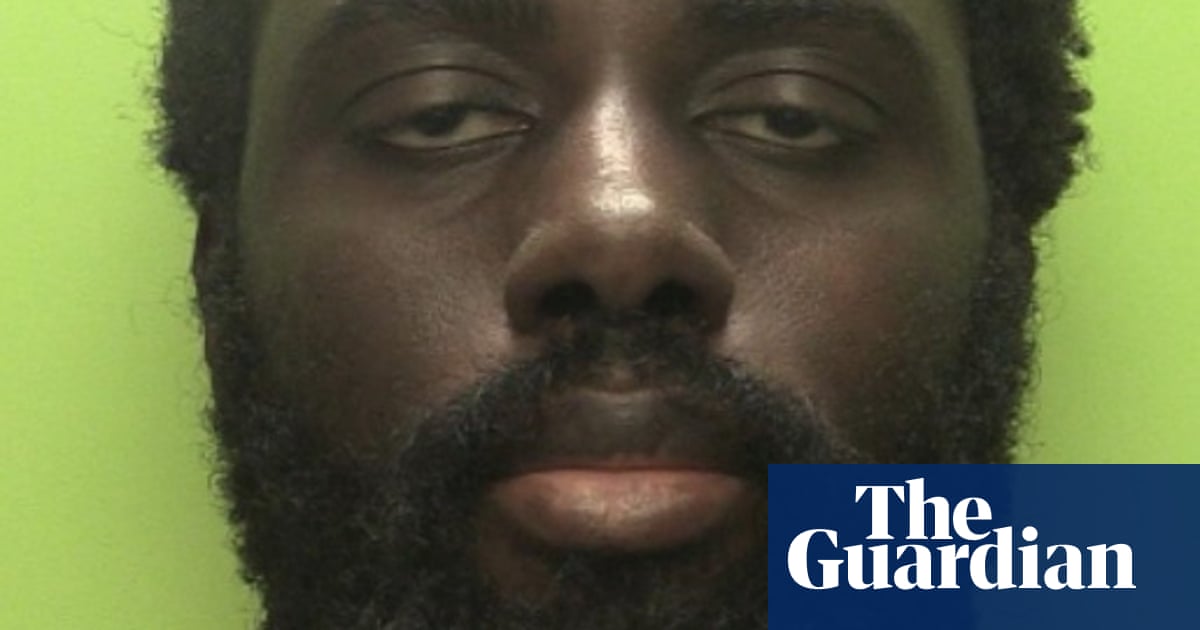
Collective failures by the security services, police and probation officers before the terrorist killings at Fishmongers’ Hall in London must be addressed to avoid a similar attack in future, a coroner has warned.
In a prevention of future deaths report, Judge Mark Lucraft QC, a former chief coroner, set out 22 “matters of concern” arising from the incident, including a failure by MI5 to share intelligence information about the likelihood of the attack.
In November 2019, the convicted terrorist Usman Khan stabbed Jack Merritt, 25, and Saskia Jones, 23, to death at a prisoner education event at the hall, after he was released under licence. Khan, who was invited to attend by Cambridge University’s Learning Together programme, was shot dead by police after being fought off by others attending the event.
In a report released on Wednesday, Lucraft, the coroner who presided over the inquests, said: “There are risks that future deaths could occur unless action is taken.”
In May, an inquest jury found “missed opportunities” in the way Khan was investigated by the security services and the police before the incident probably contributed to the deaths of the victims.
Khan had served eight years in high-security prison for trying to set up a terrorist training camp in Pakistan. When he was released on licence in December 2018 he had been placed under priority investigation by MI5 because it had intelligence that he was planning an attack. But this information was not passed on to the probation officers managing Khan. He was then allowed to attend the Fishmongers’ Hall event without a police escort or a search of his bag, which contained two knives used to carry out the attack.
Lucraft said the failure to share this information about Khan was “very unsatisfactory” and as a result those responsible for managing him in the community were “entirely ignorant” of intelligence that he was intent on carrying an attack. “Every effort should be made to ensure that a situation of this kind does not occur again,” he says.
Lucraft also expressed alarm that the decision to allow Khan to attend the Fishmongers’ Hall event unaccompanied was not recorded in multi-agency public protection arrangements (Mappa) meetings attended by police, the security services and probation.
He writes: “It would not be fair to lay the blame on the offender manager, when in fact there appears to have been a collective failure by the Mappa participants to give any thought to the risks arising from the prospective visit to London. In this regard, it should be noted that the jury found ‘serious deficiencies in the management of Khan by Mappa’ and a ‘blind spot to Khan’s unique risks’.”
The report calls for better record-keeping and possibly audio recordings of Mappa meetings.
Lucraft says information could be shared without compromising security by giving an officer involved in covert operations personal responsibility to ensure that Mappa members are properly informed about intelligence.
Lucraft says: “It is vital that decisions on the management of terrorist offenders should take account of relevant security intelligence information.”
Merritt’s family broadly welcomed the report but expressed disappointment that the coroner was not more explicit in his criticism of MI5. In a statement they said: “We appreciate that the coroner has called for a senior police officer to be given individual responsibility on information and intelligence sharing from a covert operation, but that doesn’t stipulate any corresponding expectation from MI5 to be proactive in relation to Mappa meetings, making sure that the nominated police officer is properly briefed, that reasoned decisions are made about what is (or is not) disseminated and to whom, or that there is feedback to MI5. We think that MI5 needs to emerge a little more from the shadows and take responsibility and scrutiny. That improves decision-making.”
Lucraft’s other recommendations include:
Random drug testing for offenders on licence, after blood samples revealed Khan had taken cocaine before the attack.
Better mentoring arrangements of offenders under licence to ensure they do not suddenly stop, as they did in Khan’s case, because of contractual dispute between the Home Office and the provider.
Police should be allowed to search terrorist offenders released under licence without specific legal grounds.
Forensic psychologists should be involved in risk assessments of terrorist offenders released under licence.
Learning Together should be given risk profiles of offenders attending their courses.
Learning Together should consider how it mitigates the risk for its students of coming into contact with serious offenders.












